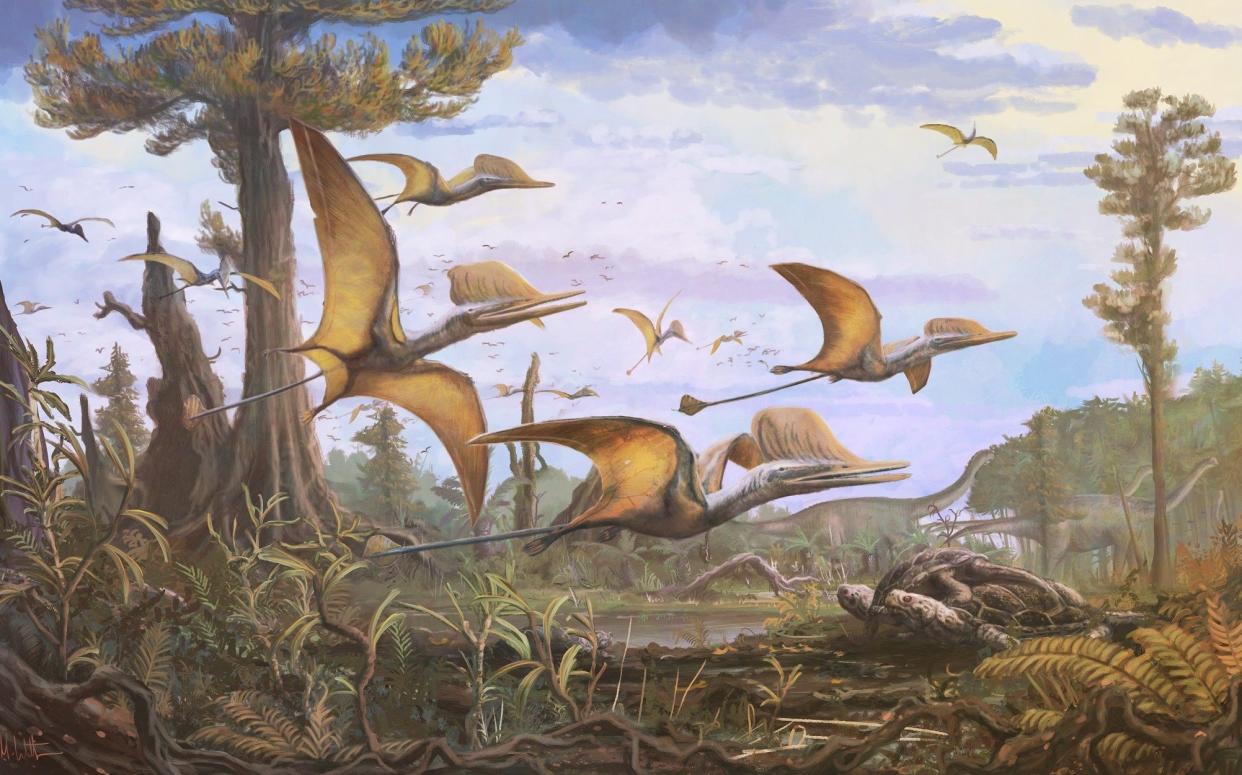The post will deal with this issue but first be sure to read Marc Miller’s response under Recent Comments. His lifestyle is right on the mark!
Now, about Armageddon. According to the Book of Revelation in the New Testament of the Christian Bible, Armageddon is the prophesied location of a gathering of armies for a battle during the end times, which is variously interpreted as either a literal or a symbolic location. The term is also used in a generic sense to refer to any end-of-the-world scenario. In Islamic theology, Armageddon is also mentioned in Hadith as the Greatest Armageddon (the great battle).
The Abrahamic religions maintain a linear cosmology, with end-time scenarios containing themes of transformation and redemption. In Judaism, the term “end of days” makes reference to the Messianic Age and includes an in-gathering of the exiled Jewish diaspora, the coming of the Messiah, the resurrection of the righteous, and the world to come. Christianity depicts the end time as a period of tribulation that precedes the second coming of Christ, who will face the rise of the Antichrist along with his power structure and false prophets, and usher in the Kingdom of God. [ mostly from Wikipedia]
Now that we have our Certificate of Understanding, One can define Armageddon as any extended, excessive change and upheaval of morals, economy, global upheaval and comprehensive, diminished value of humanity.
In the news today, Trump, along with a self-interested polity, economic disparity, global population issues, overdue war among Islamic nations, AI, and planet weather on the move, could be described as an Armageddon.
But in his musings, mariner feels that a big list of troublesome times is not what Armageddon is all about. Planetary Armageddons preceded life on Earth by billions of years. Focus on the term ‘end of times’. When an Armageddon occurs, what pre-existed no longer exists. Pre-Armageddon isn’t upgraded or modified, it is gone. One crude example is the disappearance of nomadic life when money was invented, ways were found to manipulate planet resources for profit, and stationery life made survival more secure. Only one nomadic tribe still exists: in Africa and its days are numbered just like thousands of other creatures on the continent.
Bear with mariner as he focuses on circumstances that predict an ‘end of time’ for humanity.
By far and without question, the potential for an electronically based existence that will push human life into extinction, is the most potent shift that may cause a genuine ‘end of time’ for humanity. With a bit of tongue in cheek, mariner poses some phenomena.
Already, trucks and electric vehicles don’t need humans to run around streets like a loose dog. One can call a self-directed cab, get in and arrive at the appointed destination. Cab driver? Give this situation a broader context: why, eventually, would taxis need to exist if fewer and fewer people travel? By then, will vehicles still exist?
Technology exists today to make sex dolls self-dependent. They will be able to move out and sustain themselves without a ‘sponsor’. Provide them with an especially supportive bordello – who needs human prostitutes?
It is not just less and less need for humans. Does the reader enjoy the presence of their local state bank? Armageddon already is underway for independent banks. Already, large credit card companies have been absorbed by corporations like Amazon. Amazon can then control pricing from manufacturer to customer – including managing a customer’s checking and savings accounts. Then there’s crypto – no one knows what will happen when crypto leaks into the stock market; perhaps we won’t need the dozen or so humans who control stock markets.
To sustain a human’s life is much more complex than plugging into an electric socket. Did the reader know that if every little piece of vein and artery in their body were pieced together into a long string, it would wrap around the planet more than once.
Then there are all the ‘human communication’ robots. Everyone knows Apple’s Siri replaces everyone’s relatives. Then there’s the world of minions who replace secretaries when the reader calls for service. Mariner once got tangled up in a phone answering web that had three levels and about fifteen options – none of which led to a human.
The point is that electronic existence is so efficient when compared to the complex chemistry of humans that any post-Armageddon world will consist only of simplistic biological creatures driven, fed and taught by AI.
Storefront shopping disappeared long ago.
Ancient Mariner


